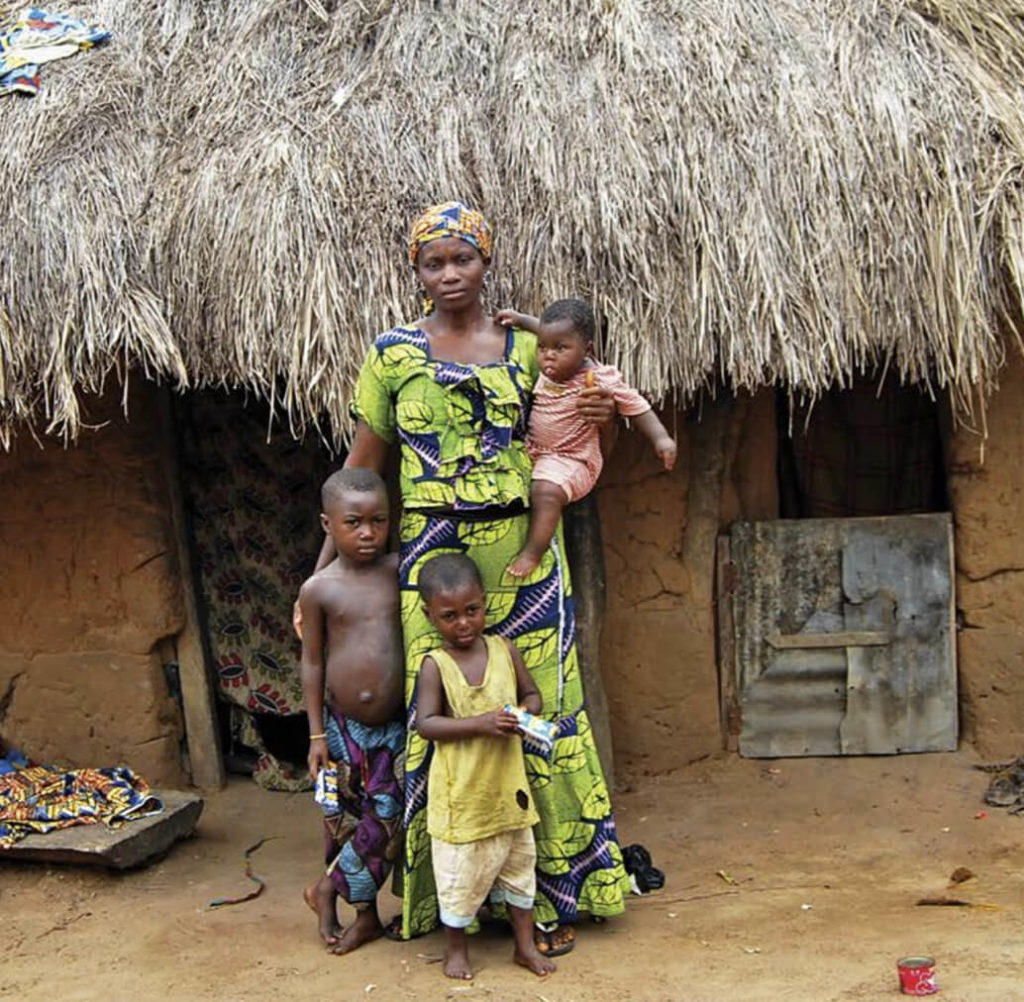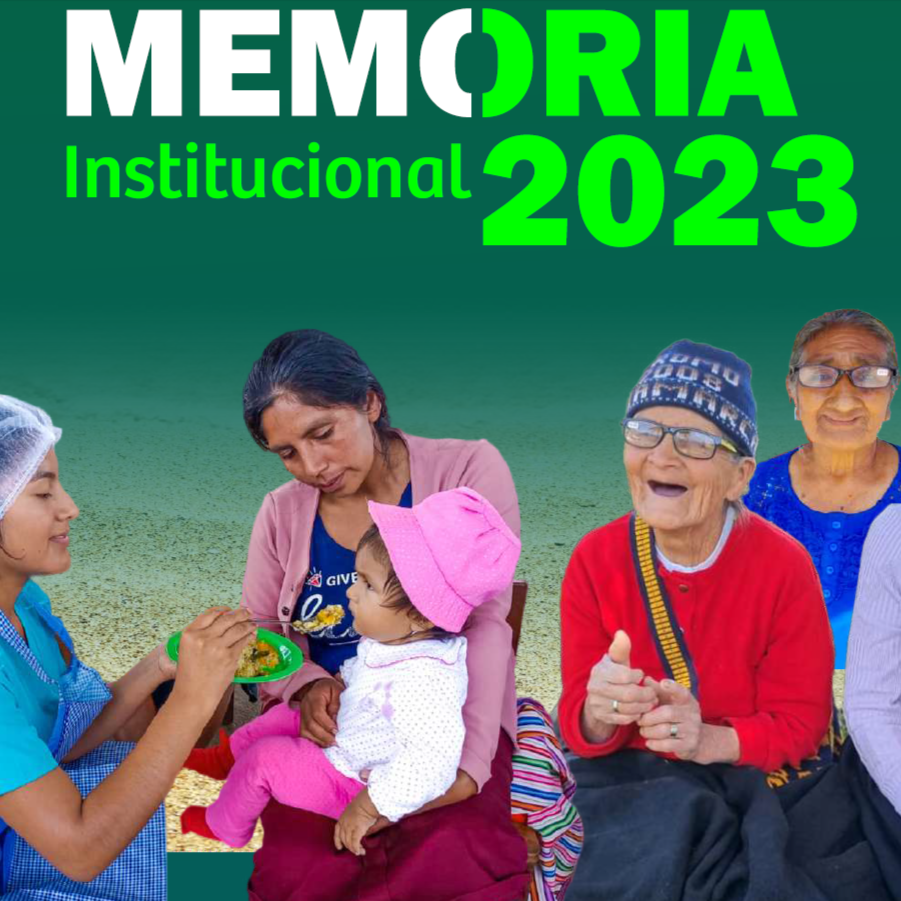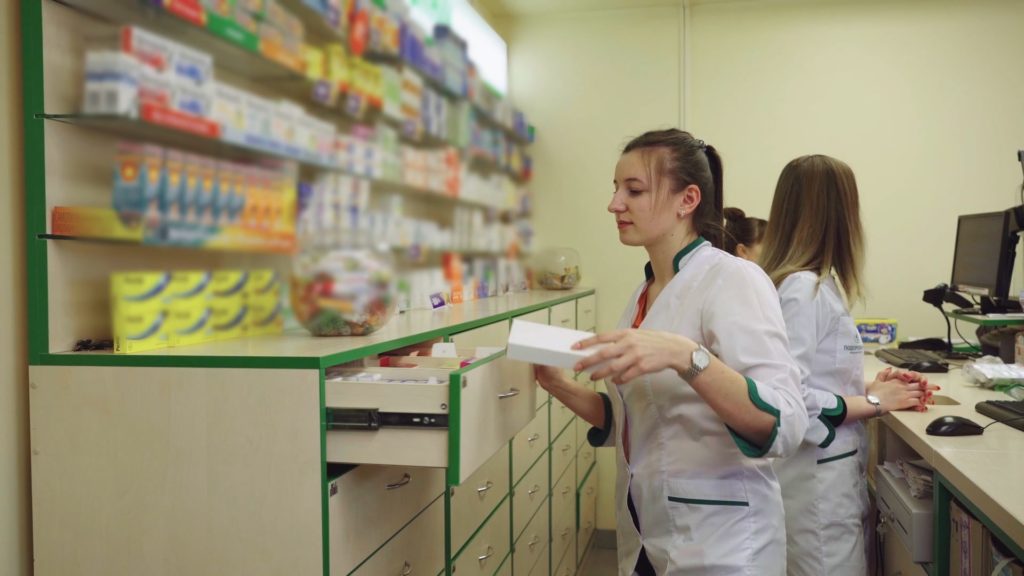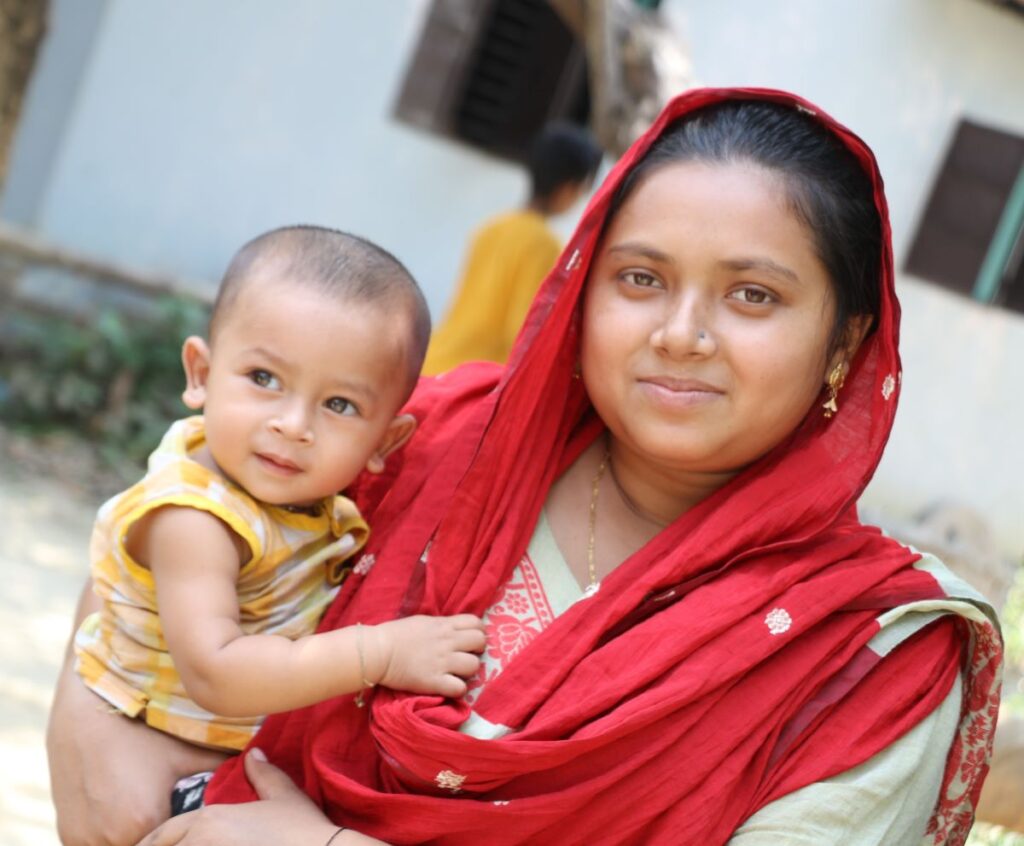Not Alone: Creating Resiliency in Children through Layered Support Systems
Not Alone: Creating Resiliency in Children through Layered Support Systems

Nigeria is home to 17.5 million children who are considered vulnerable due to unmet needs for food, shelter, education, protection, or care With 3.4 million citizens living with HIV & AIDS, Nigeria has the second highest HIV burden in the world. As a result, 2.5 million Nigerian children have lost one or both parents to AIDS. Although it is customary in Nigeria for extended family and community members to care for orphans and vulnerable children (OVC), the capacity and resources of these individuals have been over extended by the growing number of vulnerable children and the complexity of their needs.
Fragile Support Structures
In recent years, Nigeria’s fragile social welfare systems have been further weakened by the nation’s political instability and poverty. Families and communities have suffered from increased mortality due, not only to high HIV prevalence, but frequent tribal and religious violence and insurgency. The loss of adults, such as teachers and health workers, weakens community capacity to provide services and care for OVC. In homes where adults have died, vulnerable children often take on the role of breadwinners and caregivers. The burden of these responsibilities requires many children to forgo their education, thus leaving them unable to earn an income and vulnerable to poverty. Many children become homeless or are drawn into child labor, early marriage, or sex work. Although some government and community programs exist to support OVC, such services are sparse and often lack the financial resources and technical capacity needed for effective service delivery.
Strengthening Support by Layering and Integrating Care
In response to these challenges, USAID worked with the Nigerian Government to implement a five-year project that would provide realistic, long-term solutions for the nation’s vulnerable children. Funded by PEPFAR, the USAID Community-Based Support for OVC in Nigeria (CUBS) project was designed to strengthen the capacity of households, communities, and support systems to meet the needs of vulnerable children, despite fluctuating donor funding and unpredictable security and economic conditions. Furthermore, the project aimed to build resilience among OVC by improving their life skills and developing their abilities to recover from past trauma and protect themselves in the future. This vision became a reality under the leadership of CUBS’ implementer, Management Sciences for Health and its sub-contractor, Africare. Between 2009 and 2014, CUBS partnered with the Federal Ministry of Women Affairs and Social Development (FMWA&SD), State Ministries of Women’s Affairs and Social Development(SMWA&SDs), and civil society organizations (CSOs) to improve OVC service delivery in 11 states.


